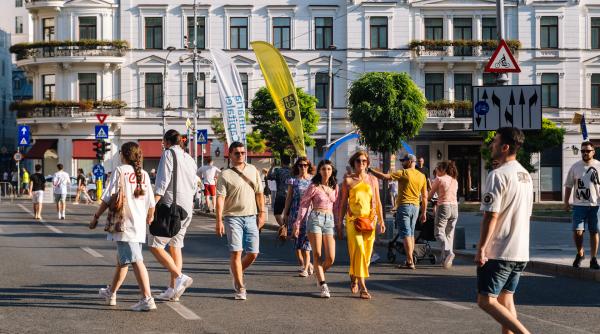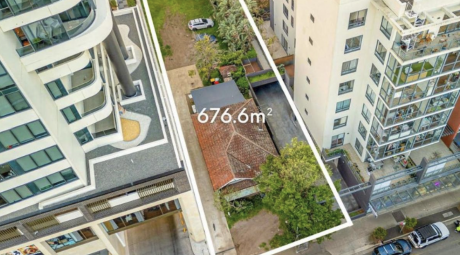The number of work permits given by Romania to non-EU citizens has steadily increased in recent years, transforming the country into a destination for economic migrants, according to a report by Friedrich-Ebert-Stiftung Romania.
The "Monitorul Social/Social Monitor," a project of Friedrich-Ebert-Stiftung Romania, has published an infographic noting that the number of work permits for non-EU citizens has significantly increased in recent years in Eastern European countries, a phenomenon led by Croatia and Romania. However, in most cases, this growth does not result in the settling of newly arrived citizens in the countries where they are granted the right to work.
On average, the annual number of work permits for non-European Union citizens has tripled from 2013 to 2022. In Western European countries, this growth rate was lower because these countries could also rely on migration from Eastern European EU member states.
Croatia saw an 8000% increase in new work permits between 2013 and 2022. In Romania, the growth was 2200% and reached 31,000 work permits in 2022.
The increase was at times due to specific non-EU states. For example, in 2022, Romania granted nearly 5200 work permits for citizens from Sri Lanka, representing over 50% of the work permits granted by the entire European Union to this country. Similarly, Romania granted 6700 work permits for citizens from Nepal, accounting for approximately 22% of all work permits granted to Nepalese citizens in the EU, and 2600 work permits for citizens from Bangladesh, approximately 12% of the work permits granted by the EU27 to this country.
In contrast, only 10% of the total work permits in the EU granted to citizens of states such as Turkey or Moldova were granted by Romania in 2022.
These figures refer to the initial work permits granted in an EU27 state, which can later be extended by employers without the need for the member state to issue a similar permit. Instead, the host country can extend the previously granted work permit, which may lead to possible uncertainties regarding the total number of non-EU workers active in the labor market of a member state.
However, Eurostat data shows that the majority of non-EU workers do not stay in Romania. While over 31,000 work permits were granted in 2022, the total extra-EU population with residence permits in Romania in 2022 was only 115,000, less than 1% of Romania's population. In fact, Romania has one of the lowest extra-EU populations in the EU27.
(Photo source: Cateyeperspective | Dreamstime.com)























 English (US) ·
English (US) ·  Romanian (RO) ·
Romanian (RO) ·